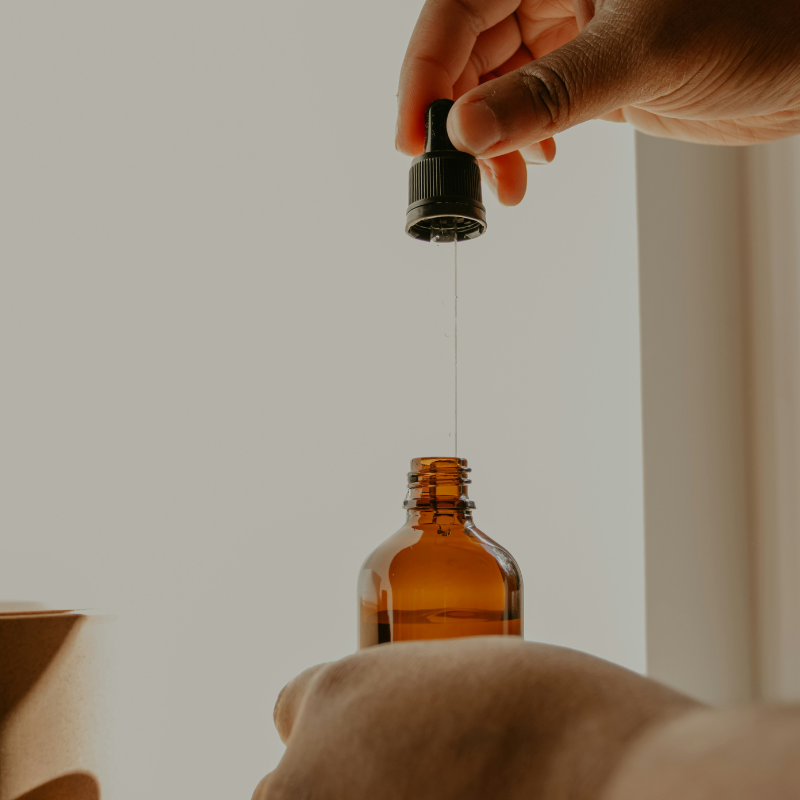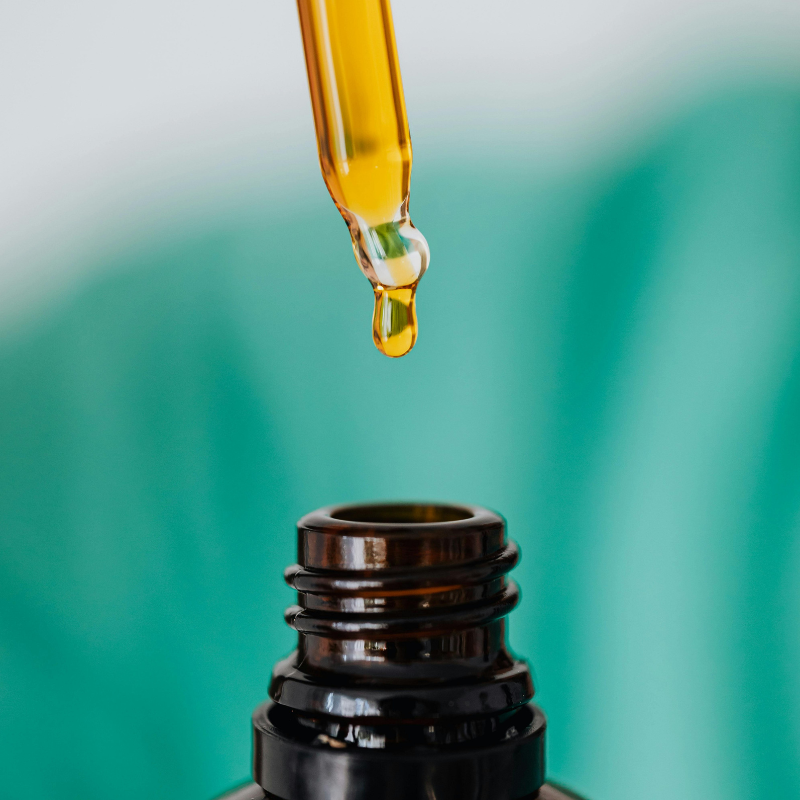Low Dose Immunotherapy
Low Dose Immunotherapy (LDI), is an innovative and individualized treatment designed to increase immune tolerance and calm an overactive immune system. Unlike traditional allergy or autoimmune treatments, LDI uses extremely low doses of antigens to gently retrain the immune system to respond appropriately—without triggering severe reactions.
Treatment is personalized, beginning with identifying the optimal dose for each individual. Once established, the dose is maintained and adjusted over time based on the patient’s response, with treatment frequency often decreasing as symptoms improve.
LDI is administered sublingually (under the tongue) using a syringe with the needle safely removed, delivering the treatment as liquid drops. This method avoids the discomfort of injections and is more patient-friendly.
LDI is a promising option for those who haven’t found relief through conventional therapies. It offers long-term support and hope for individuals managing allergies, sensitivities, and autoimmune-related conditions.
Some examples of LDI treatment include:
- Fruit
- Meat
- Mold
- Yeast
- Lyme
- Babesia
- Bartonella
- Collagen
- Gluten
- Artificial Colors
- Nuts and more

Sublingual Immunotherapy
Sublingual Immunotherapy (SLIT) refers to a form of allergy desensitization where small, controlled doses of phenolic compounds are administered under the tongue to help reduce sensitivity or intolerance to these substances.
What Are Phenolics? Phenolics are a large group of naturally occurring compounds found in:
- Fruits and vegetables (especially berries, apples, grapes)
- Nuts and seeds
- Spices and herbs
- Tea, wine, and coffee
- Artificial additives (in some processed foods and medications)
They play important roles in plant color, flavor, and defense, and include substances like:
- Salicylates
- Tannins
- Flavonoids
- Phenol rings (as in food dyes, preservatives)
What is the process of desensitizing to food phenolic and chemical sensitivities?
By placing drops containing highly diluted phenolic compounds under the tongue, gradually your immune system reduces reactions. Your immune system should change in about 4 weeks after you start your diet and sublingual immunotherapy. With each change in your treatment, the concentration of the vials gets stronger as your immune tolerance improves. As the number on your vial goes down {i.e. from 6 to 5), this shows your immune tolerance has improved. This is expected if you are diligent with your diet and taking your drops.The goal is to get that number to 0 at which point you may reintroduce foods back into your diet.
Who Might Be Sensitive to Phenolics?
Some individuals are intolerant or hypersensitive to phenolics, particularly those with:
- Autism Spectrum Disorder (ASD)
- ADHD
- Chronic fatigue
- Food sensitivities
- Behavioral or neurological symptoms triggered by certain foods (e.g., mood swings, brain fog, hyperactivity)

Who Might Benefit from SLIT for Phenolics?
- Children or adults who experience behavioral changes, brain fog, or hyperactivity after eating certain foods
- Patients with known reactions to salicylates, artificial additives, or high-phenolic diets (fruits, vegetables, spices)
- Individuals engaged in functional or integrative medicine treatments for chronic, complex conditions
